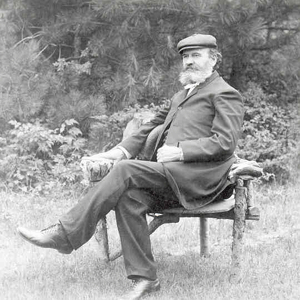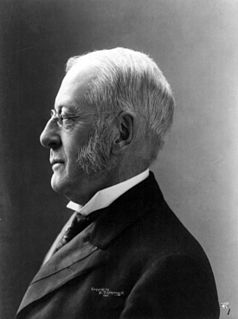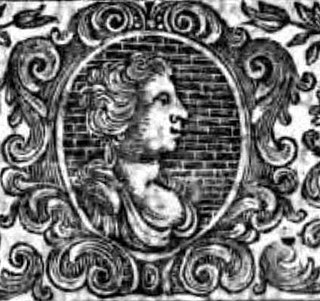A Quote by Charles Caleb Colton
The good opinion of our fellow men is the strongest, though not the purest motive to virtue.
Related Quotes
It is in the middle classes of society that all the finest feeling, and the most amiable propensities of our nature do principally nourish and abound. For the good opinion of our fellow-men is the strongest though not the purest motive to virtue. The privations of poverty render us too cold and callous, and the privileges of property too arrogant and confidential, to feel; the first places us beneath the influence of opinion--the second, above it.
The truly great consider, first, how they may gain the approbation of God, and, secondly, that of their own conscience. Having done this, they would then willingly conciliate the good opinion of their fellow-men. But the truly little reverse the thing. The primary object with them is to secure the applause of their fellow-men; and having effected this, the approbation of God and their own conscience may follow on as they can.
I talk to groups studying the most advanced spiritual teachings and sometimes these people wonder why nothing is happening in their lives. Their motive is the attainment of inner peace for themselves - which of course is a selfish motive. You will not find it with this motive. The motive, if you are to find inner peace, must be an outgoing motive. Service, of course, service. Giving, not getting. Your motive must be good if your work is to have good effect. The secret of life is being of service.
Of the various executive abilities, no one excited more anxious concern than that of placing the interests of our fellow-citizens in the hands of honest men, with understanding sufficient for their stations. No duty is at the same time more difficult to fulfil. The knowledge of character possessed by a single individual is of necessity limited. To seek out the best through the whole Union, we must resort to the information which from the best of men, acting disinterestedly and with the purest motives, is sometimes incorrect.
If the state cannot be entirely composed of good men, and yet each citizen is expected to do his own business well, and must therefore have virtue, still inasmuch as all the citizens cannot be alike, the virtue of the citizen and of the good man cannot coincide. All must have the virtue of the good citizen - thus, and thus only, can the state be perfect; but they will not have the virtue of a good man, unless we assume that in the good state all the citizens must be good.




































